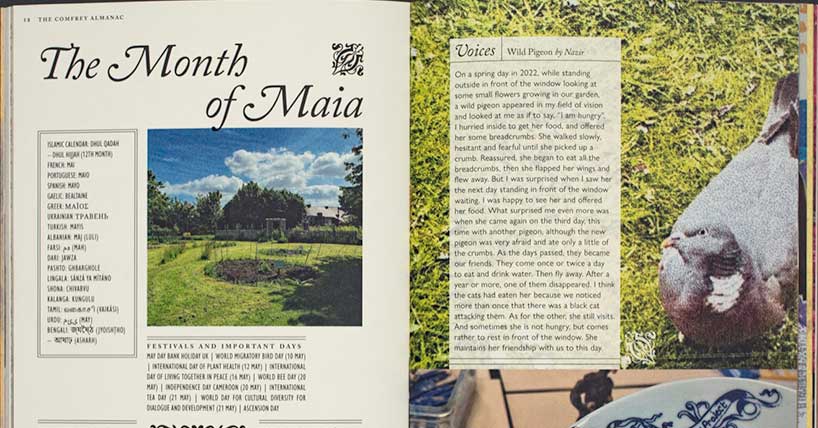Live Music Census update
Budget tax rise threatens gigs, experts say as music census begins
Published on: 6 March 2017
Increasing tax paid by music venues could pose a major threat to the UK's live music scene, experts have warned.
Distinctive musical culture
The organisers of Britain's first live music census, which starts in Newcastle at midday on 9 March, say that a rise in commercial property rates – widely predicted in Wednesday's Budget – could be problematic for venues.
Dr Adam Behr, Lecturer in Contemporary and Popular Music in Newcastle University's School of Arts and Cultures is part of the project team. He said the census is an important chance to highlight issues like these which are facing the live music industry.
“This is an ideal opportunity for us to join up information about the city’s distinctive musical culture and venues – from local pubs through The Cluny to the SAGE and City Hall – with a bigger national picture,” he said. “Getting a sense of the concerns of audiences, promoters, musicians and venues in and around Newcastle will help to get voices heard in the region and beyond. Finding out how, for instance, local or national policy might be hindering – or helping – live music well help to support the musical culture in the region.”
Academic Matt Brennan, who is leading the project, says venues operating at grassroots level are particularly vulnerable.
Dr Brennan, from the University of Edinburgh, said: “Venues around the country have been telling us that they already operate on thin margins, so proposed increases in rateable values of up to 55% in some cases will have a significant impact.
“The UK Live Music Census will be very important in identifying challenges that the industry faces, such as rising rates and other issues. It will give us a detailed picture of what exactly it means to be venue owner, a musician, and a live music lover in 2017. Our hope is that the census will be a vital tool in strengthening a much-loved part of the UK’s culture.”

Springwatch for live music
Described by its organisers as a “Springwatch for live music”, the UK Live Music Census is led by the universities of Edinburgh, Newcastle and Glasgow.
For 24 hours from noon on Thursday, a volunteer army of music lovers will track performances in cities across the country – from lone buskers to massed choirs and from dancefloors to stadium concerts.
There will be coordinated censuses in Newcastle, Glasgow, Oxford, Leeds, Southampton and Brighton. Volunteers will attend live music events including Olly Murs at Leeds Arena, Nicola Benedetti at the Glasgow Royal Concert Hall, R&B in Oxford, and jazz in Newcastle.
A nationwide online survey for musicians, venues, promoters and audiences will also go live on 9 March and will be open until 8 May. Music fans, musicians, venues and promoters across all genres and at all levels are asked to fill in the survey at the official website.
The census – a world first – will quantify for the first time the nationwide challenges the industry is facing and inform policy to help it flourish. Experts expect the potential rise in taxes to feature strongly in the feedback.
Capturing diversity
Jo Dipple, chief executive of UK Music, one of the census’ industry partners said: “UK Music is delighted to partner this ground-breaking UK Live Music Census research. The findings for each of the six cities will inform academics, entrepreneurs and music fans alike. It will help organisations like UK Music to understand better the pressures on music businesses and venues so we can lobby for the most effective policies in each area.
“For example, we know that a disproportionate hike in business rates could pose a serious threat to qualifying music SMEs and grassroots venues. The more we are able to identify threats, the more effective our lobbying for policy change in that area will be.”
Other issues the census aims to capture include the diversity of musical genres, audience demographics, ticket prices, live music’s economic and cultural value, and attitudes towards secondary ticketing - the reselling of tickets.
The census is led by academics from the University of Edinburgh’s Reid School of Music – part of Edinburgh College of Art – in collaboration with Newcastle University’s International Centre for Music Studies and the University of Glasgow’s School of Culture and Creative Arts.
The project is funded by the Arts and Humanities Research Council. The industry partners are the Musicians’ Union, Music Venue Trust and UK Music. The affiliated institutions are Brighton’s British and Irish Modern Music Institute, Leeds Beckett University, and Southampton Solent University.
Two years ago the project team ran a pilot live music census in Edinburgh. Its findings were used to inform the city council’s decision to change its policies about noise levels to the benefit of performers.



